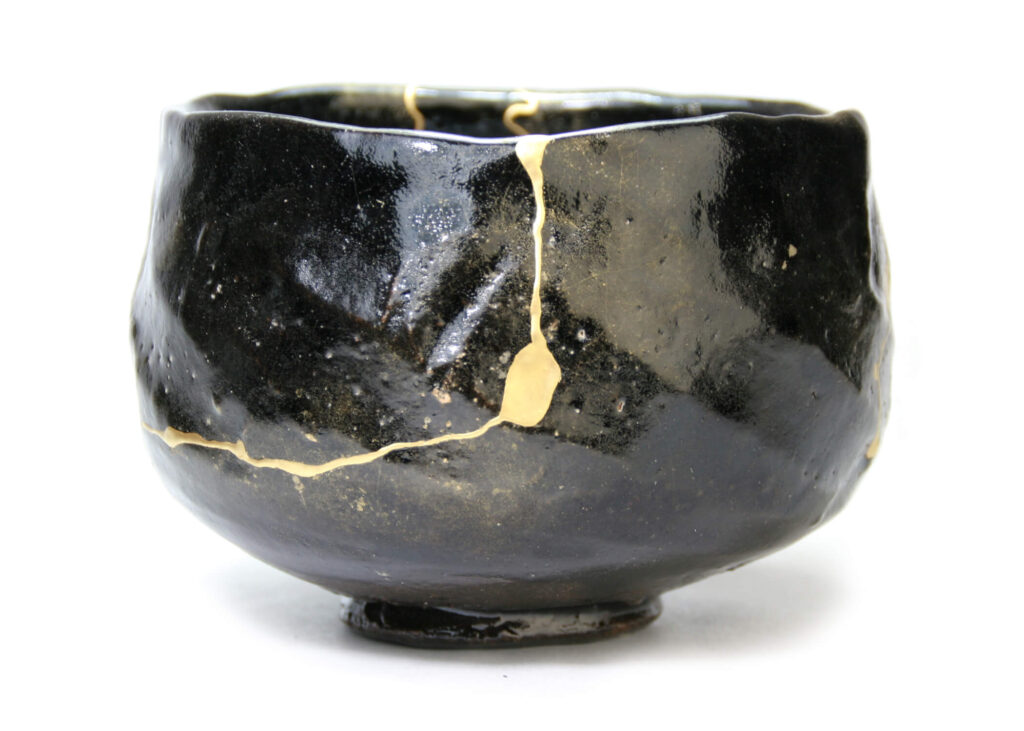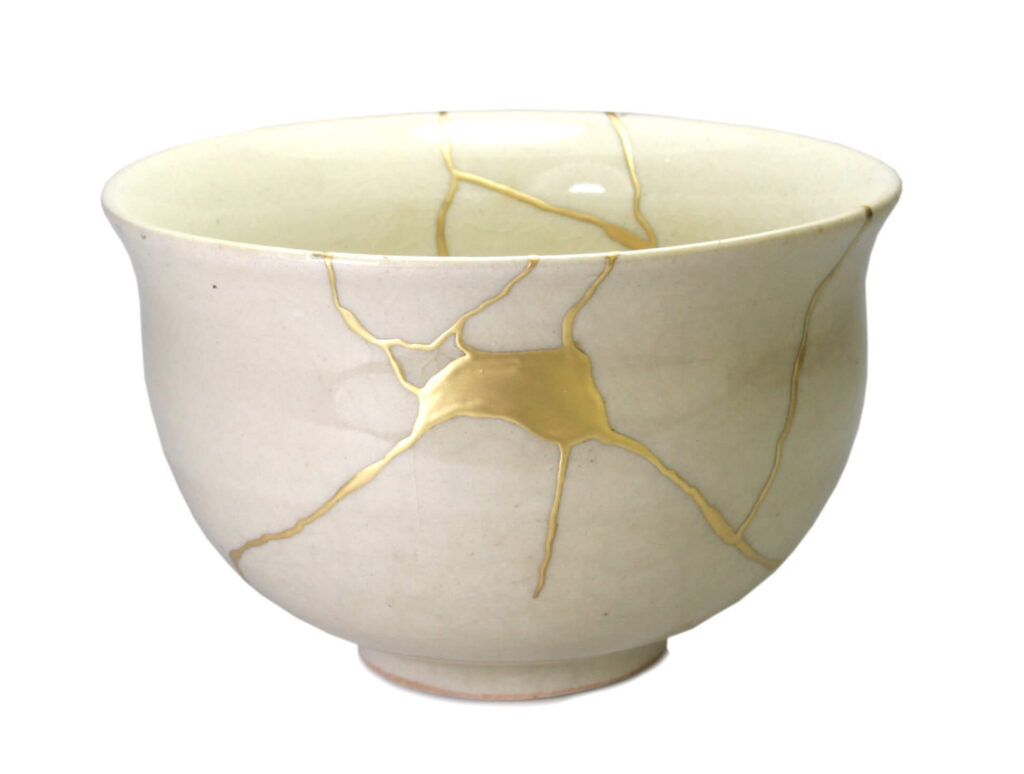The very idea of perfection is the notion that something is without blemish. This idea is not so far-fetched because, in one way or another, we encounter it in our daily lives. We as humans are used to experiencing perfection in so many ways: the song that comes on the radio and completely caters to our mood; a piece of poetry with words so intricate yet profound; a scenic view of nature in all its resplendence; a basketball player able to score a 3 pointer in the last second of a game; the list goes on.
Why is perfection so attractive? One would say it’s because it represents completeness that we do not have. We seek to perfect our lives, one in which we have sound health, well-paying jobs, beautiful and loving partners, children who are high achievers, etc.
But this culture of perfectionism has, in my opinion, done quite a bit of harm. Society has forced us to have bigger dreams and seek to do more with our lives. While this is very good, to a great extent, we tend to place standards on what we expect out of life. Hence, we are constantly striving for more.
We may oftentimes fall short of our expectations, as is very normal.
Remember the Japanese philosophy: Kintsugi. Literally, it means joined with gold and is used to refer to broken pieces of pottery that are mended with gold powder. These items when mended, still possess traces of gold (or silver) along those lines they were broken. Kintsugi has a Zen side to it which captures the philosophy of accepting imperfection and a broken past. Why I love the term so much is because it reminds me of the basic human experience: flawed, imperfect, sometimes broken.


Every human is a product of their physical and social environment. Like, quite literally. Who you are as an individual, how you process thoughts, your primary motivations, even your core values, are greatly influenced by your environment (physical and social). And of course your interpretation of your experiences within your environment. The external influences on our lives are not always positive. Sometimes life doesn’t go according to plan; sometimes we are left in a state of disarray; sometimes we are left broken; but if we adopt Kintsugi, we come to appreciate the beauty in our brokenness. Our experiences, positive or negative, make us who we are.
For much of my life, I pursued perfection. Perhaps because I was raised by a mom who demanded academic excellence, and sought for me to translate that excellence to other areas of my life. Somewhere along the line, in a bid to make her proud, I replaced excellence with perfection. And the trend continued into my adult years. If it couldn’t be perfect, I didn’t consider it a worthwhile pursuit. Needless to say, I couldn’t keep up with this attitude.
Because perfection is stressful – mentally and physically. And sometimes it’s really hard to keep up. This results in what I call self-induced pressure. Sometimes a recipe for unhappiness, self-denigration, and ultimately depression. I learned over time though, that the best framework really is to strive for perfection but remain aware that it is unattainable. Such a mindset will only free us to do our best and find happiness in the process.
‘’the best framework really is to strive for perfection but remain aware that it is unattainable”
I took some time to muse on how best to apply this framework to a few areas of my life mostly work and relationships.
As many of us will spend a great amount of our lifetime working, work contributes significantly to our happiness as individuals. Hence we should seek to make the most of our careers. My primary goal as regards work is to dedicate myself to the pursuit of greater depth and skill, which in turn will expose me to better opportunities. I hope to become a world-class engineer someday, capable of tackling big projects with really huge impact. It is one of my long term goals. But even as I learn and grow, I would embrace the process; focus more on the journey, and less on the destination. This doesn’t mean I wouldn’t keep my eyes on the goal. Along the way, I will endure challenges, failures, and immense frustration. But I wouldn’t beat myself up for not being good enough, instead I will welcome each failure as an opportunity to grow. The mantra is Embracing Imperfection.
Even in love, and romance, I realized the need to embrace imperfection. We may think we want the perfect romance, but really we are all imperfect beings. This imperfection often seeps into our romantic dealings with others. What we should crave instead is not to be viewed as perfect, but to have all our flaws laid bare before another human and still be met with loving acceptance. That is what love is in my opinion; a wholesome acceptance of the imperfections in another human. Such thinking will greatly ease tension in our relationships (romantic and non-romantic) and allow us to truly be ourselves.
We can aspire towards perfection, we can pursue it. Occasionally we get lucky and are able to attain said perfection. But when we don’t reach our goals, or when things are not as we want them to be, we should not be so hard on ourselves. Nobody’s life is perfect. Some may disagree, but even if they ever enjoyed the perfect life, they are the very lucky few; the exception. We as humans should be more accepting of our flaws and inadequacies because literally, they make us who we are.